Fertilizer for Cannabis Plants: The Simple Guide for Beginners
Share
Want to grow your first cannabis plants but aren't sure how to fertilize them? In this guide, we'll show you step by step what you need – without jargon and without overwhelming you. This way, your plant will grow healthy, strong, and produce fat buds.

Table of contents
- Why fertilizer is important for cannabis plants
- Organic vs. mineral – which is better?
- The most important nutrients and phases
- Avoid common mistakes when fertilizing
- Why a fertilization plan is helpful
- Product recommendations for beginners
- Conclusion - How to fertilize your cannabis plants correctly
- 🔍 FAQ – Frequently asked questions about fertilizers for cannabis plants
Why fertilizer is important for cannabis plants
Without nutrients, nothing grows. Your plant needs food—the right kind, at the right time. Fertilizer for cannabis plants ensures that:
- the roots stay healthy
- growth is strong and stable
- the flowers become thick, resinous and potent
If you don't fertilize, your plants will remain small, pale, and susceptible to disease. With the right fertilizer for cannabis plants, you can unlock their full potential—even as a beginner.
Organic vs. mineral: Which fertilizer for cannabis plants is right for you?
Anyone starting out with home growing quickly faces a decision: organic or mineral fertilizer? Both methods have their advantages and disadvantages – and the choice directly impacts the yield, taste, and care requirements of your plants.
What is an organic grow?
With organic cultivation , you rely on natural fertilizers for cannabis plants that come from plant or animal sources. These include compost, guano, worm castings, or algae extracts. These fertilizers don't feed the plant directly, but rather the soil life. Microorganisms convert the nutrients into a form that the plant can absorb.
Advantages of an organic grow:
- ✔️ Less risk of over-fertilization
- ✔️ Better taste and aroma of the buds
- ✔️ No pH or EC meter necessary
- ✔️ More sustainable and environmentally friendly
When you first start growing, an organic fertilizer for cannabis plants is ideal. It's forgiving and ensures healthy plants without much effort.
What is a mineral grow?
With mineral growing , you use synthetic fertilizers for cannabis plants . These contain readily available nutrients in precise doses. You feed the plant directly, not the soil. This allows for rapid absorption but requires expertise and precise work.
Advantages of a mineral grow:
- ⚡ Faster absorption of nutrients
- 🎯 Full control over nutrient intake
- 📈 Higher yields with optimal application
With this method, it's important to measure the pH and EC levels every time you water. If the dosage is incorrect , fertilizer can cause damage to cannabis plants . Therefore, we recommend mineral growing for more advanced growers .
Comparison: Organic vs. mineral
| Characteristic | Organic | Mineral |
|---|---|---|
| Fertilizer for cannabis plants | Natural / organic | Synthetic, chemical |
| Effect | Slowly, gently | Fast, direct |
| Fault tolerance | High (ideal for beginners) | Low |
| Expense | Small amount | More complicated PH/EC measuring devices required |
| The taste | More intense | Neutral |
If you're just starting out, we definitely recommend organic fertilizers for cannabis plants . They're easier to use, more forgiving of beginner mistakes, and deliver great results. If you want more control and maximum yields later on, you can switch to mineral systems – with the right knowledge and the right fertilizer for cannabis plants .
Cannabis has different growth phases – and each phase requires different nutrients
A healthy cannabis plant doesn't just grow on its own. It goes through clearly defined growth phases – from seedling to harvest. Your plant's needs change during each phase. Without appropriate fertilizers for cannabis plants, deficiencies can occur that slow growth or reduce the harvest.
The most important phases at a glance:
- Germination & seedling phase: Hardly any nutrients are needed. Less is more here.
- Growth phase (vegetative phase): Focus on nitrogen (N) for strong leaf and stem growth.
- Flowering phase : More phosphorus (P) and potassium (K) for strong flower formation and resin production.
Recommendations: The best fertilizers for cannabis grow beginners
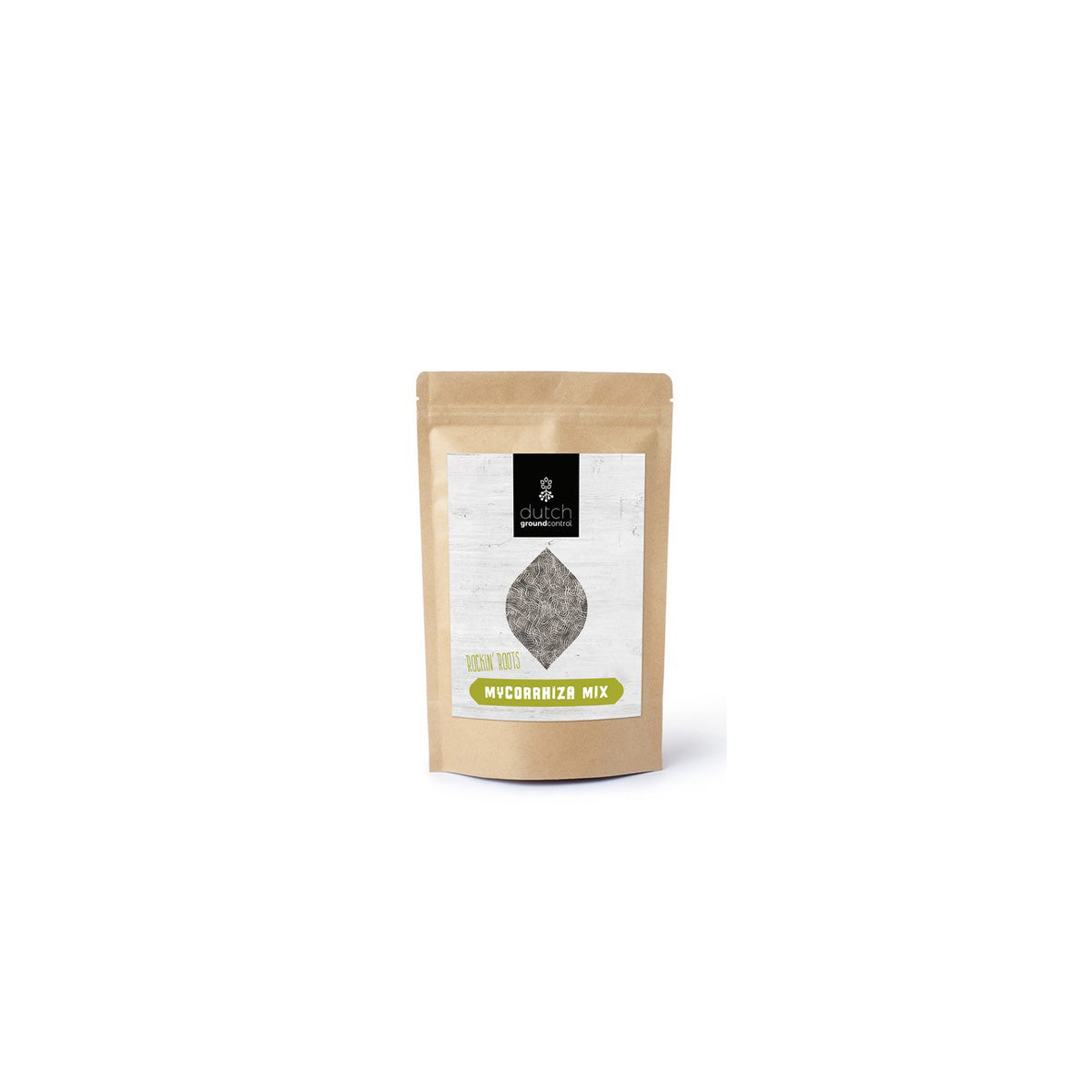
|
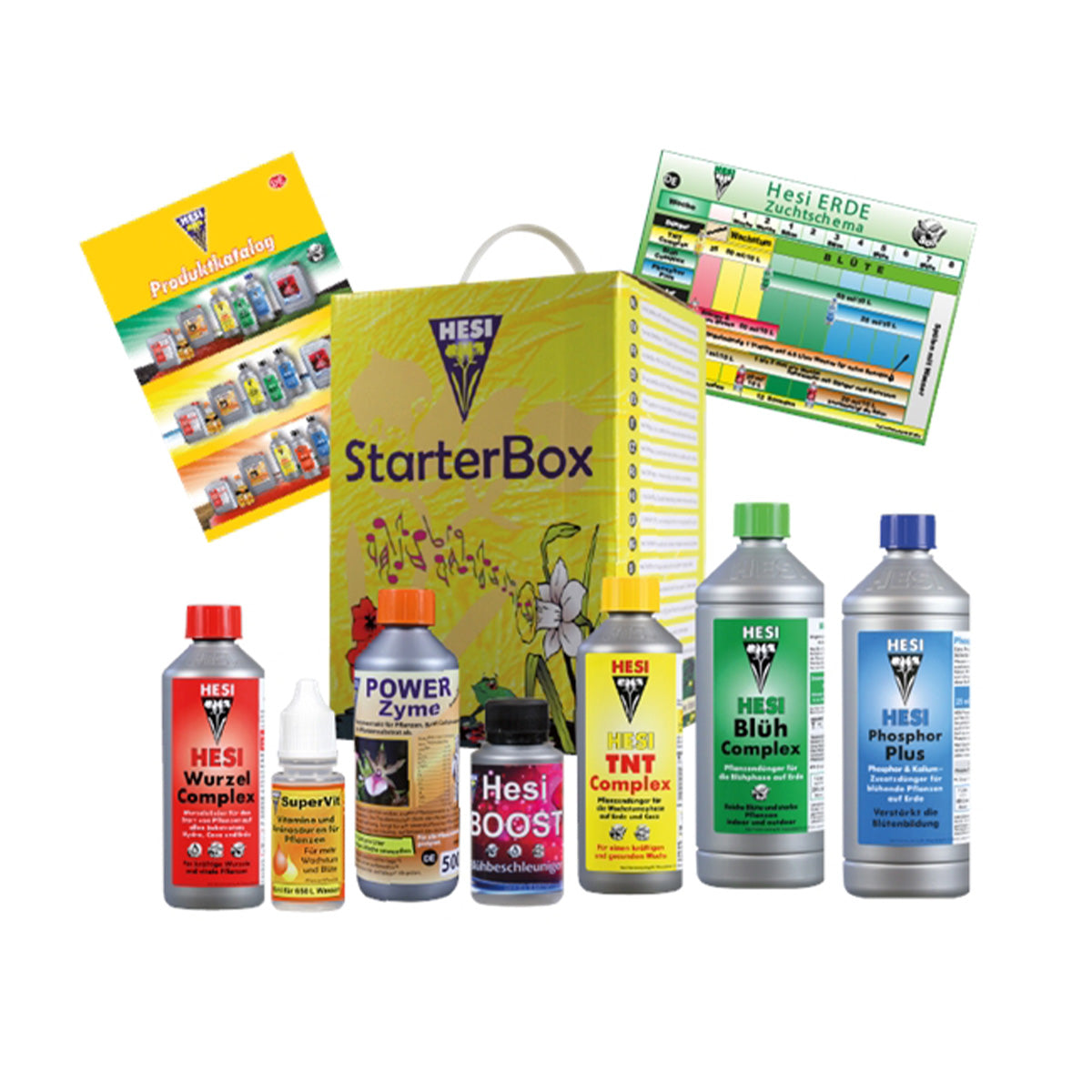
|

|
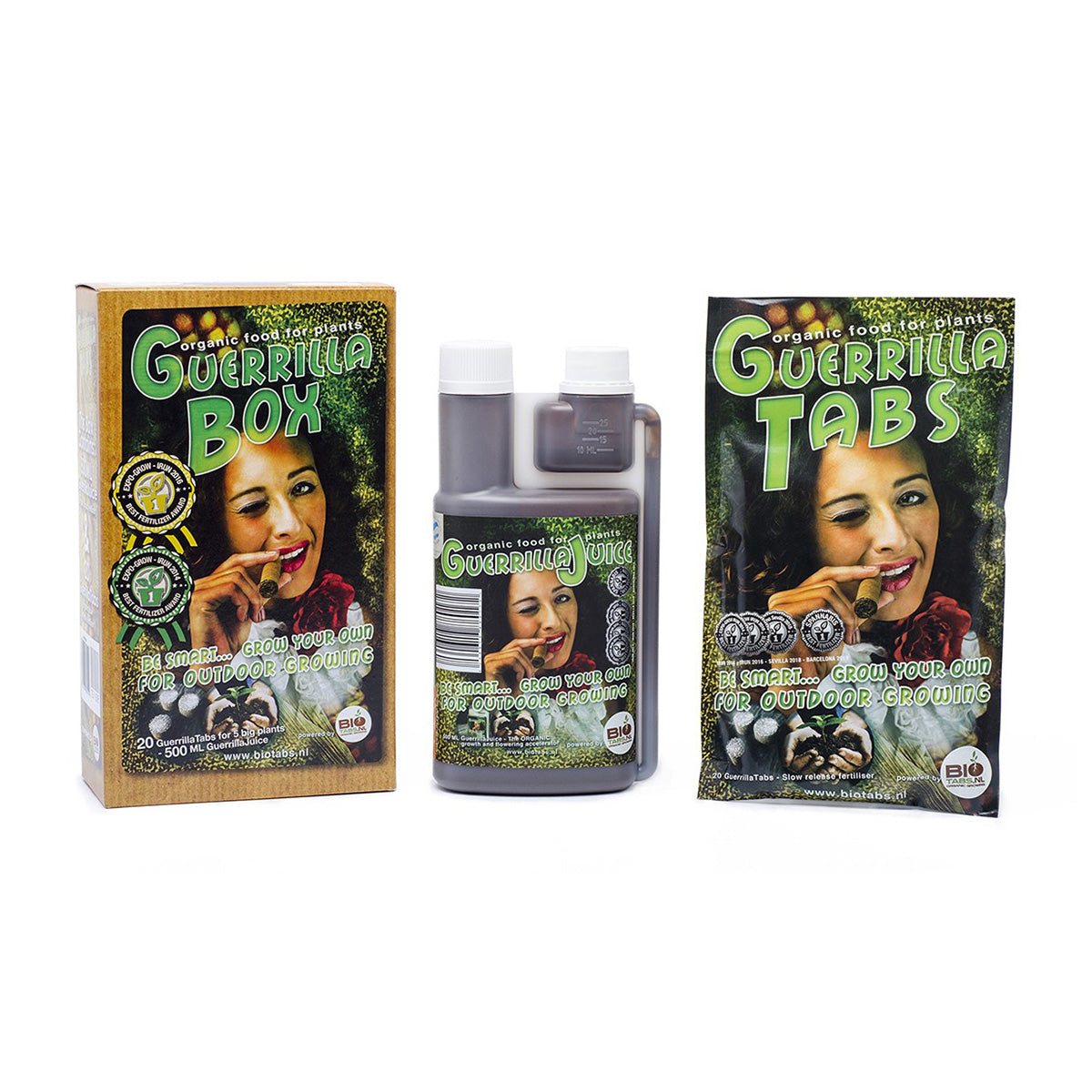
|
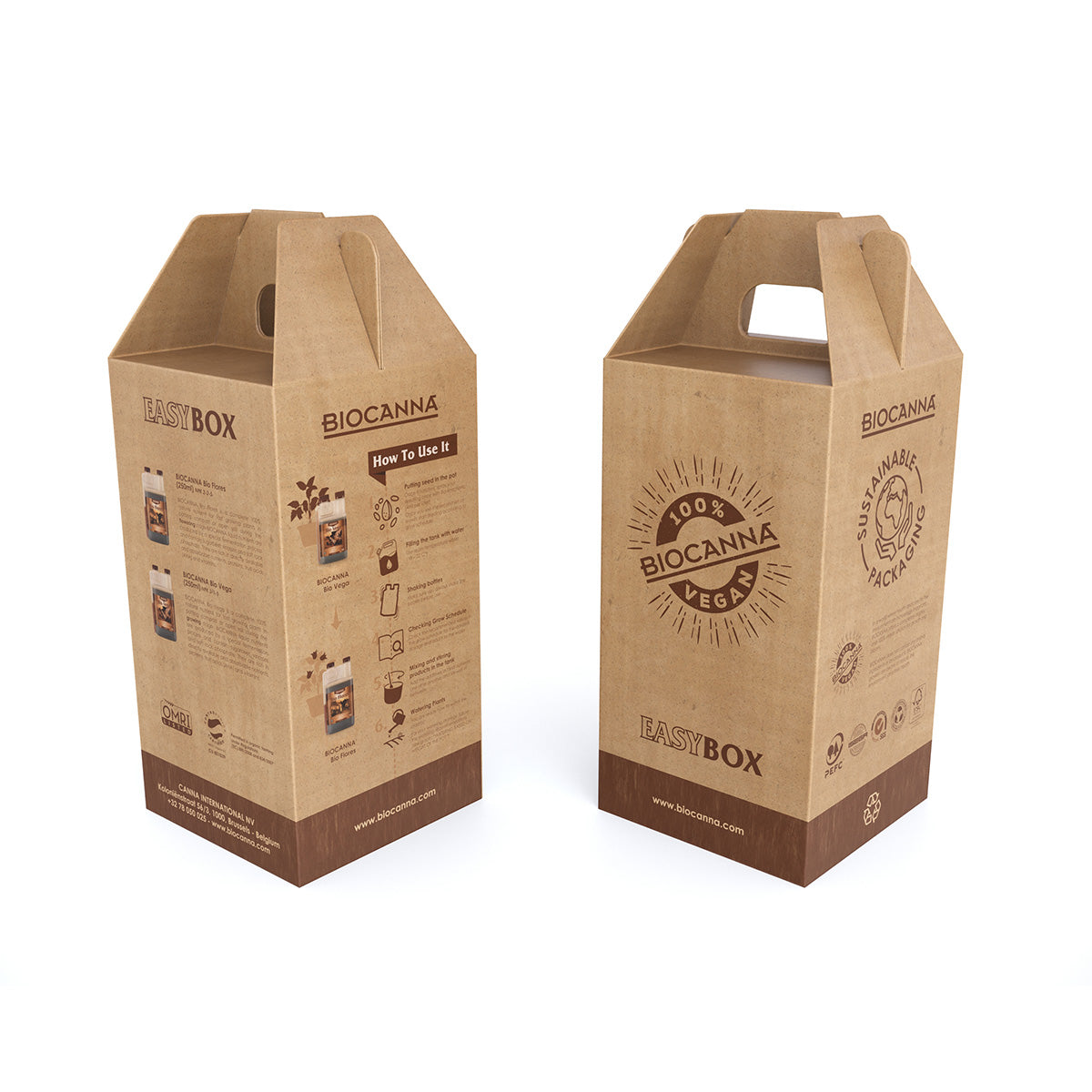
|
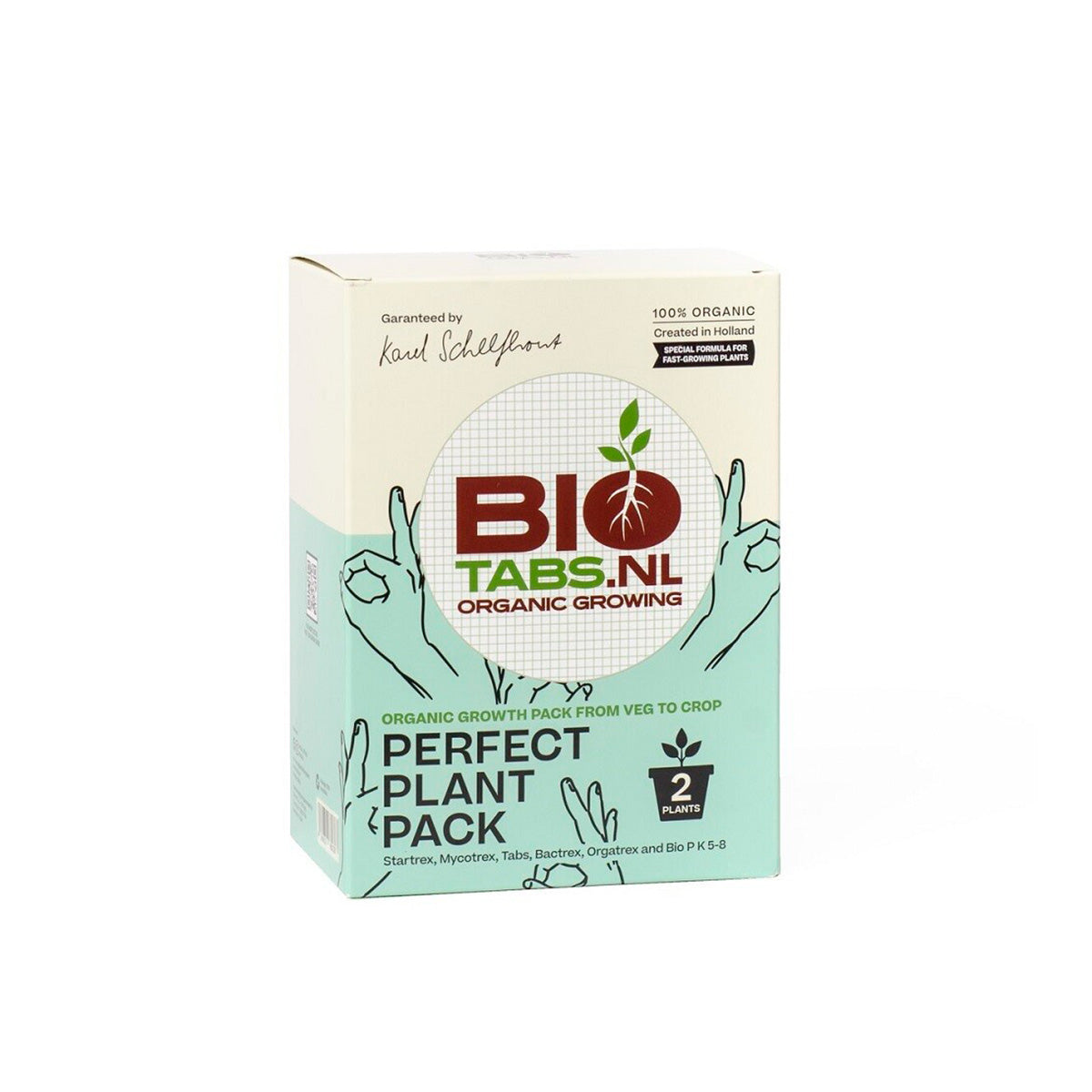
|
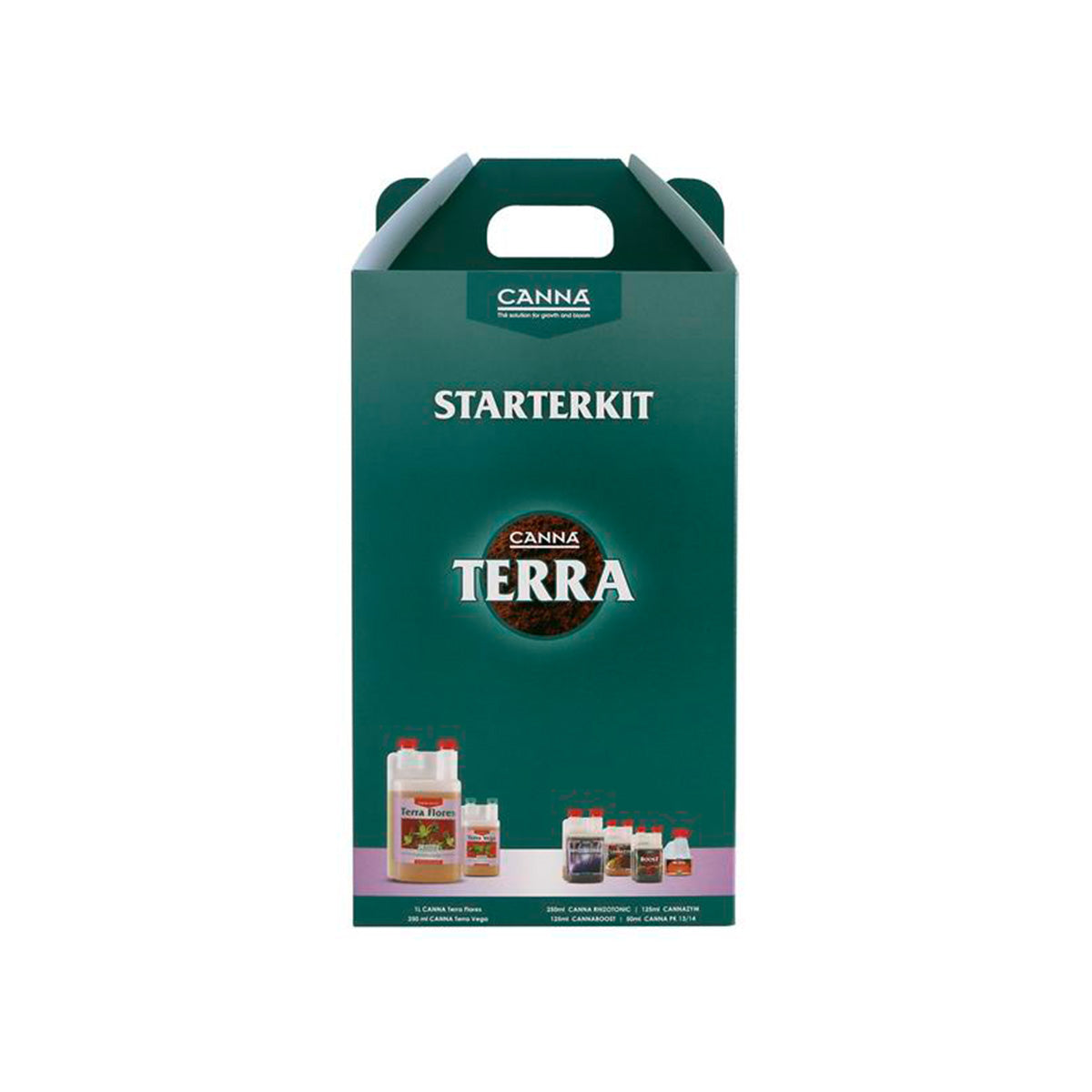
|

|
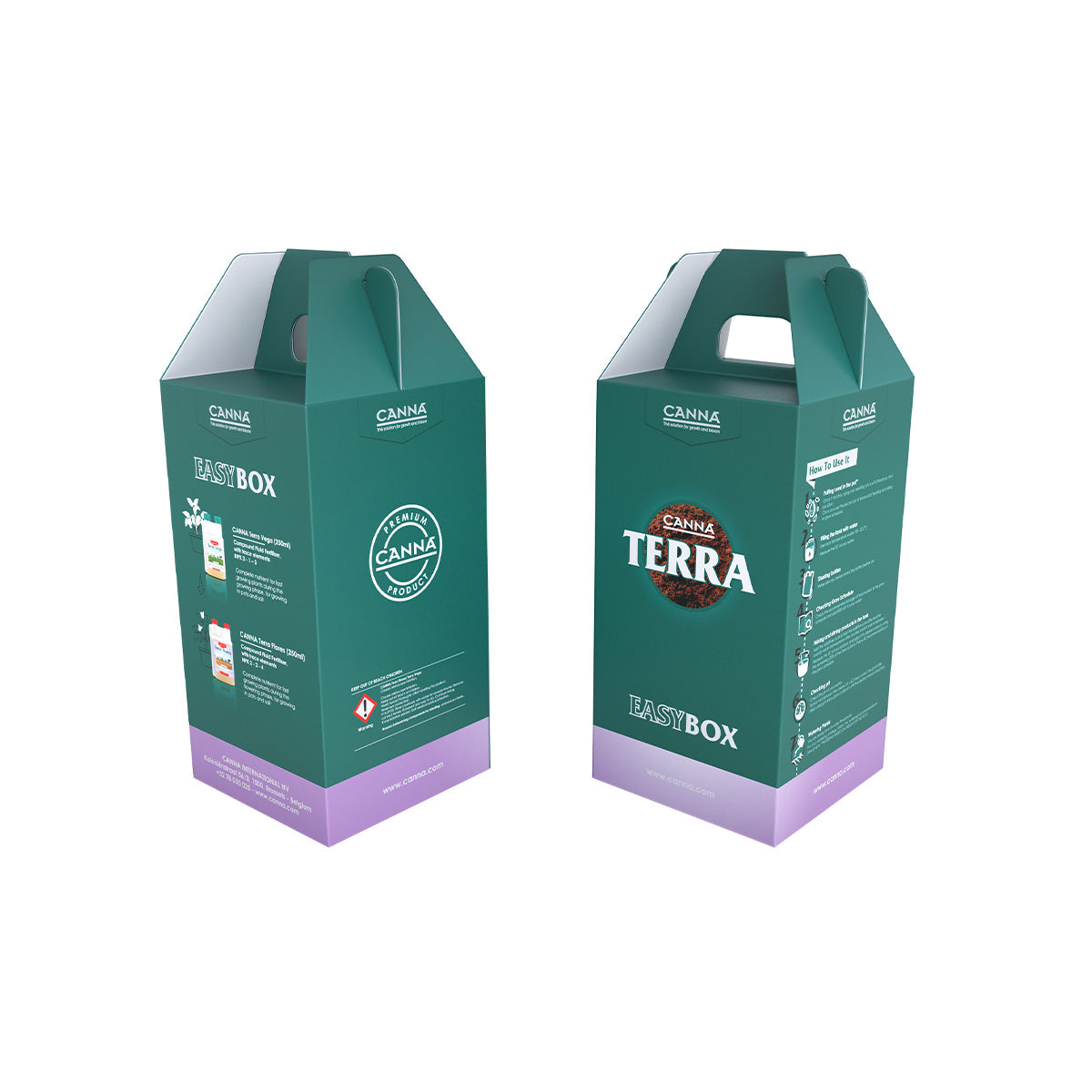
|
Why a fertilization plan is your best friend
Especially when you're just starting out on your homegrowing journey, it's hard to keep track of everything: When exactly should I fertilize what? How much is too much? What nutrients do my plants need right now?
A structured fertilization plan helps you apply the right fertilizer for cannabis plants at exactly the right time—adapted to the variety, growing medium, and light conditions. This way, you can avoid nutrient deficiencies or overfertilization.
👉 That's why we have provided clear fertilization schemes for you - perfect for beginners and advanced growers:
Downloads for your cannabis cultivation success
These plans show you week by week how to use your fertilizer for cannabis plants correctly – without the guesswork and with better results.
Do I have to follow a fertilization schedule when growing organically or are there universal solutions?
A fertilization schedule is also helpful in organic growing—especially for consistent results and healthy plants. Universal solutions (e.g., pre-fertilized soil) work well in the first few weeks, but for flowering and yield, you should specifically add organic fertilizers for cannabis plants .
Common mistakes when fertilizing – and how to avoid them
- Fertilizing too early: Young plants need very little at first.
- Too much fertilizer: Causes burns on the leaf tips.
- Incorrect pH value: nutrients are blocked.
- Tap water with a lot of limescale: Can lead to CalMag problems.
- No flush: Bad taste at harvest.
Tip: Observe your plant. It will tell you what's wrong with it—yellow leaves, slow growth, or brown spots are clear signs.

Source: https://fastbuds.com/products/poster
How to fertilize your cannabis plants correctly
With the right fertilizer for cannabis plants, you'll get healthy plants and strong buds—even on your first grow. Remember:
- Less is more
- Watch your plants
- Use our free fertilization plans
Make it easy for yourself – and give your plants what they really need.
✅ Get the right fertilizer for cannabis plants directly from our online shop – including a fertilization plan !
🔍 FAQ – Frequently asked questions about fertilizers for cannabis plants
Which soil is best for cannabis plants?
For healthy plants, you need loose, airy, and nutrient-rich soil. Pre-fertilized soil with good water retention and active soil life is best. Look for soil with a high humus content, such as compost, coco, or worm castings.
Do I have to follow a fertilization schedule when growing organically or are there universal solutions?
A fertilization schedule is also helpful in organic growing—especially for consistent results and healthy plants. Universal solutions (e.g., pre-fertilized soil) work well in the first few weeks, but for flowering and yield, you should specifically add organic fertilizers for cannabis plants .
Which NPK fertilizer do cannabis plants need?
The NPK values (nitrogen-phosphorus-potassium) should be based on the phase of your plant:
- Growth phase: Higher nitrogen content (e.g. 5-3-3)
- Flowering phase: More phosphorus and potassium (e.g. 2-4-6)
It is important that you use fertilizers for cannabis plants that are specifically tailored to these needs – otherwise, deficiencies may occur.
What is the best natural fertilizer for cannabis plants?
The best organic fertilizers for cannabis plants are:
- 🌿 Worm humus
- 💩 Guano (bat or bird droppings)
- 🍵 Compost tea or worm tea
- 🌊 Algae extract
These promote soil life and ensure natural nutrient availability – perfect for an aromatic, clean grow.
What fertilizers do autoflowers need?
Autoflowering strains grow faster and flower automatically, regardless of the light cycle. Therefore, they require a balanced nutrient supply:
- ⚠️ Less nitrogen – otherwise they will grow “into green”
- 📆 Early addition of flowering fertilizer (from week 3–4)
- ✅ Lightly dosed fertilizers for cannabis plants – better less, but regularly
